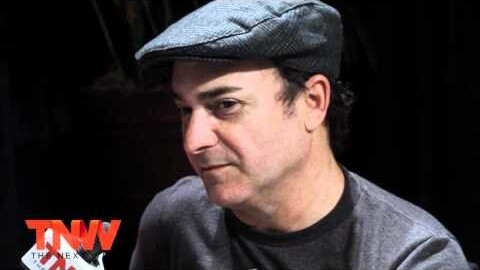
Every startup’s number one asset is its people who combine the dream. That is our belief in Yotpo, part of our DNA. On the other hand, the really good people are very hard to find and we actually compete with other great companies (OutBrain, Wix and oh yeah Google) on the same people. Trust me when I say that recruiting our first and only 3 employees is hard, very hard. Here is a couple of things we did or tried doing and what we did wrong.
When we first started our process we thought we would just call a bunch of our friends (whom we know and trust) and convince them to go on board. The problem was each one had just joined or founded a new startup. I know that sounds lame, and it really was for us.
A bit on how we work:
We set a close target and focus all our time and energy to achieve it. You can imagine how we spent days and nights trying to find our employee number 1,2,3. I found myself calling everyone we thought was good enough and before I knew it LinkedIn became my closest friend. For each one who was impressive enough over the phone, we read his/her blog (Very important to us and for a good reason).
We built a small test for the interview, we are big believers in seeing someone solving problems with his hands (But we didn’t make them drinking shots every 5 minutes ). We even set up a link for the Ninja to solve at home in our homepage. You can imagine our disappointment when after a month and half we found ourselves sitting in our office all alone.
What We Did Wrong
Our number one mistake was to look for someone with very specific skills. We looked for someone who dealt with search methodology, Hadoop, Hbase and other scary words. That caused not only to narrow our search for gifted engineers but also to miss a lot of other important qualities. We are two young, Highly motivated and funny (at least to one another) entrepreneurs. A lot of our candidates were too experienced and too old fashioned. We found ourselves interviewing engineers who we just could not spend days and nights with.
Mistake number two was counting too much on resume and experience. We saw a CV with all the words we are looking for and we were hooked. The biggest thing I learned was that you can learn more from a person’s blog and social ID’s. What happened to us in reality is that we missed a lot of Internet Rock Stars who could learn the methodology we need (and with the right ambitions) be exactly what we needed.
You need to understand that, for us, learning about a new engineer for a couple of months before he starts contributing to the company is just not in option.
How We’re Fixing It
In everything that we do, me and Omri (my cofounder) talk and argue a lot. We argued about pay, compromising on experience and a lot more. After a long night we decided that we would go with our instincts and bring a young, eager to learn Internet junkie. After all, we are offering to be employee number 1,2,3 at the next Internet revolution.
What We Learned
1. It is important to see how someone is working on a computer. Every startup in the beginning needs end to end engineers so you should build a small test or at least review some of the code he/she had written. All those riddles are good for Google, Facebook or Microsoft. You need Ninjas not professors.
2. LinkedIn is a good friend. Learn it, master it, nurture it.
3. After you find someone you want to bring along do it and do it fast. Don’t worry about salaries and take the time to think about it, if you want someone go get him/her and show them you how much you want them. It is like dating, everyone wants to feel wowed.
4. Experience is overrated, it doesn’t matter what you know now cause in 5-8 years it will become almost irrelevant, just take a look what great companies looked for five years ago. The important thing is how fast can an engineer adapt, learn and eventually master the technology.
Get the TNW newsletter
Get the most important tech news in your inbox each week.




